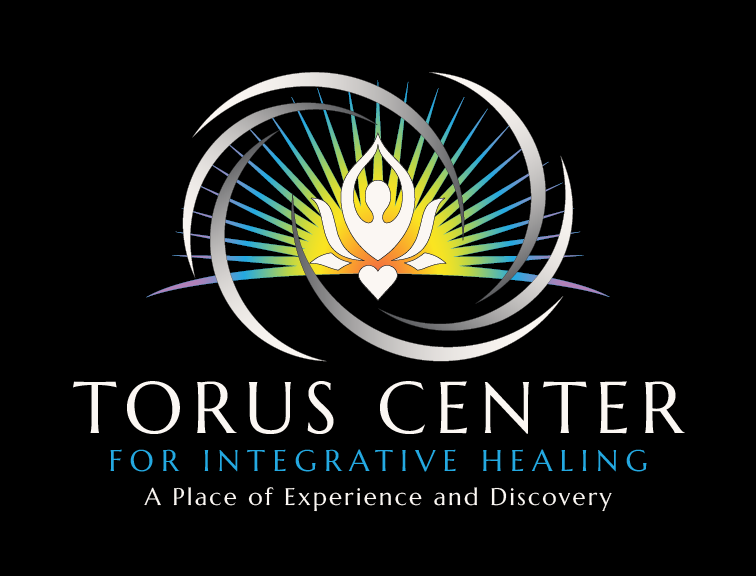Healing is not just the absence of pain—it’s the ability to embrace emotions as a compassionate witness. It’s about learning to hold your emotions, feel them fully, and develop the skills to observe them without judgment. At Torus, we create a space where you can truly feel, allowing you to listen to what your emotions are telling you.
Many of us avoid our feelings. This could be because emotions feel overwhelming, out of place, or beyond our ability to manage. Sometimes, we may not even know what it is we’re feeling. But emotions, when understood, are guiding signals—each with a purpose, each revealing something essential about our inner needs.
The Purpose of Emotions
There are four main emotions: anger, fear, sadness (or grief), and shame. Each one has a purpose, a message meant to guide us:
- Anger signals that something is unjust. It’s a call for change, a reminder to set boundaries or make a move forward.
- Sadness/Grief reminds us to reconnect with the people who love and support us.
- Fear tells us to pause, detach, or move in a new direction.
- Shame—perhaps the most challenging emotion—invites us to return to our truth and realign with our values.
Yet, to truly understand what our emotions are saying, we need to create space to feel them.
To Give or Not Give Space to Emotions
When we’re always “doing” or staying busy, we do not have the chance to feel the depth of our emotions. Many of us logically understand what we’re feeling, but to actually feel it in our bodies is a different experience. This is what many people fear—the uncertainty of what will happen if we simply allow ourselves to feel and give ourselves the space to listen.
When we create time and space for our emotions, we open ourselves to truth. We gain clarity, the ability to listen to what our emotions want us to do. In contrast, when we choose not to feel, we disconnect from the self, focusing instead on external goals, tasks, or outcomes. This disconnection can make it difficult to experience compassion, empathy, grace, forgiveness, or self-love.
Disconnecting from our emotions leads to an unbalanced life—one filled with endless doing but little rest or peace. Emotions pushed down or avoided eventually rise up, often in unexpected ways. We may feel chaotic or exhausted as we try to manage and control our lives and others around us.
Allowing Life to Unfold Without Expectations
The opposite of control is allowing life to unfold as it will, without imposing expectations. To experience grace, we must let ourselves feel without expectation, surrendering to the present moment rather than clinging to what we think should happen.
When we’re fully present, unattached to outcomes, we open ourselves to something greater. We connect with a vastness beyond ourselves. This is what it means to live in the moment—to feel without needing to control or force the outcome. Fixating on specific outcomes can create frustration, pushing us into a cycle of constant action and leaving little room to simply “be.”
When we’re always in “doing” mode, there’s no room to feel. Without feeling, we lose connection—first with ourselves, then with others. We become tethered to external goals and expectations rather than aligned with our inner truth. And in that disconnection, we lose touch with the emotions that make life meaningful: empathy, compassion, grace, forgiveness, self-love, acceptance, and detachment.
Finding Balance
This imbalance leads to a life of constant motion, both physically and mentally, with little rest and limited peace. When we lose the ability to pause and let life unfold, we miss out on the serenity that comes with true presence.
At Torus, we encourage you to create this space for yourself. Let life happen. Embrace each emotion without the need to control or shape it. In this surrender, you’ll find a deeper peace and alignment with who you truly are.
Feel deeply, without needing to force an outcome, and you’ll find that peace follows naturally.
Find out more about our offerings here, or to schedule an appointment call 224-803-2295.

